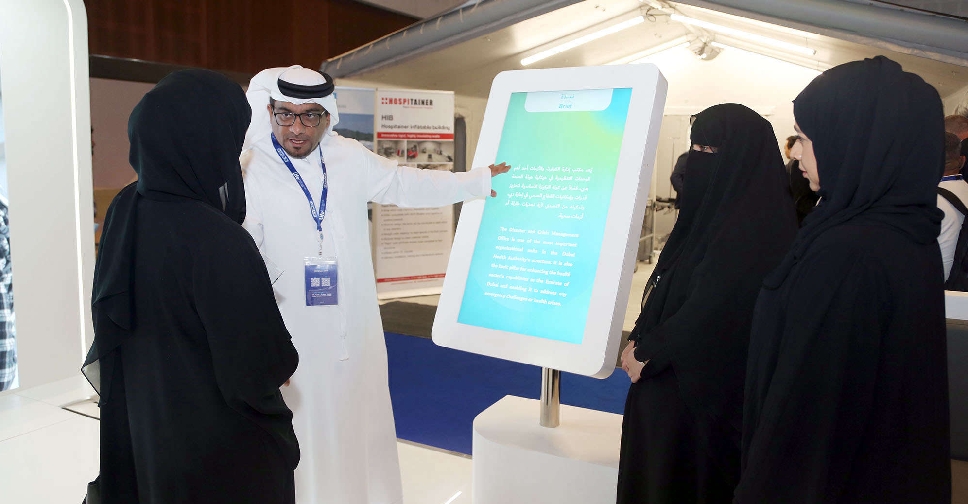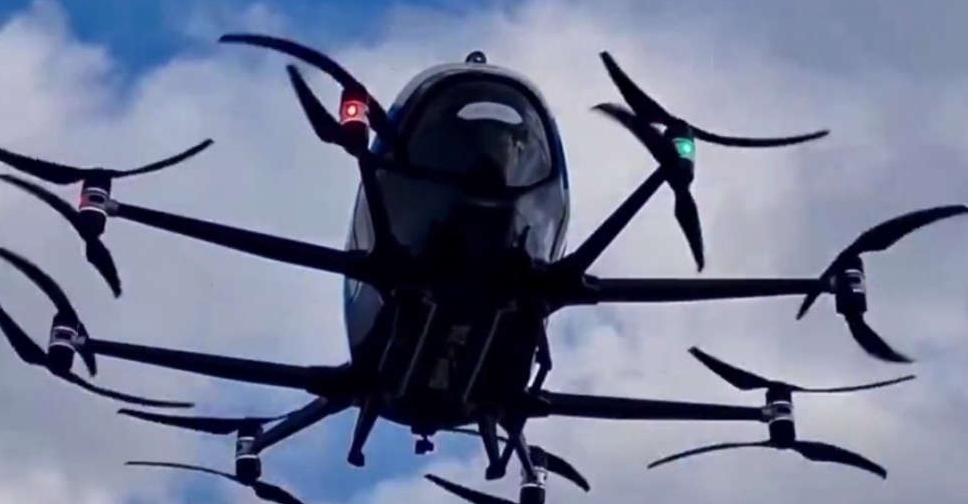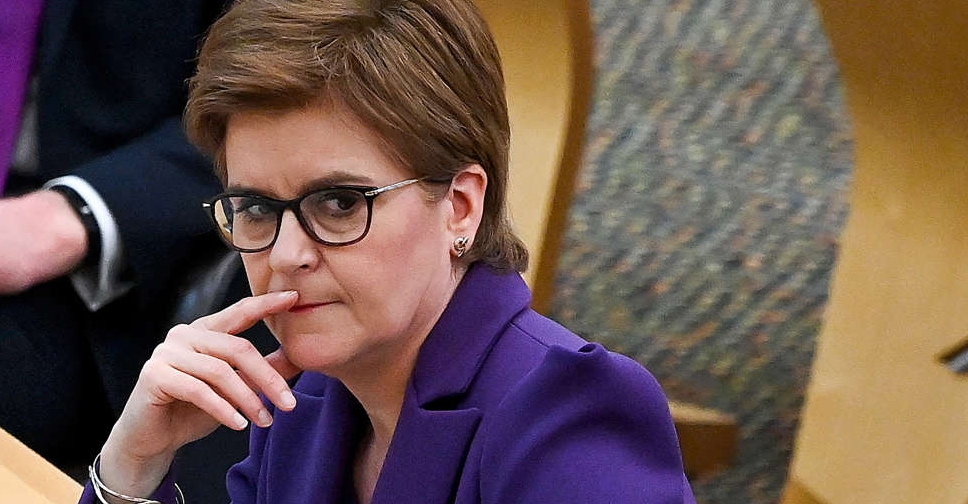
Scotland reported six cases of Omicron on Monday, some of which were not linked to travel in southern Africa, raising concerns that the new coronavirus variant is already spreading in the community.
Britain earlier announced three cases of the variant, which the World Health Organisation said on Monday was likely to spread internationally, posing a "very high" global risk of infection surges.
The four nations of the United Kingdom have all restricted travel to southern Africa, where the variant was first detected last week, in a bid to slow its spread.
"On some of the cases involved, we are satisfied that there is no travel history or travel connection with southern Africa," Scotland's deputy First Minister John Swinney told BBC radio.
"So that means that it is likely that ...Omicron ...is circulating within the community."
Prime Minister Boris Johnson has made mask-wearing compulsory in shops and on transport in England in response to Omicron.
He also asked the Joint Committee on Vaccination and Immunisation (JCVI) to urgently review boosters for under-40s, and look at reducing the gap between second doses and boosters.
"We'd expect that (review) within the coming hours," junior health minister Edward Argar told Sky News.
Ministers and scientists say even if vaccines prove to be less effective against Omicron, they should still offer better protection against it and reduce the number of hospitalisations and deaths.
Anthony Harnden, deputy chair of the JCVI, said that given it would take time to develop a variant-specific vaccine, raising immunity in the population was advisable.
"Inevitably, everybody will be offered a booster, but what we want to do is make sure that it's done in a sensible order," he told BBC TV.
Scientists say Omicron has about double the number of mutations to the spike protein as the currently dominant Delta variant.
Argar said that cases would inevitably rise further, but "we don't know by what speed or by what numbers."
"...We're trying to give ourselves the time to understand how it works and how it interacts with the vaccine."

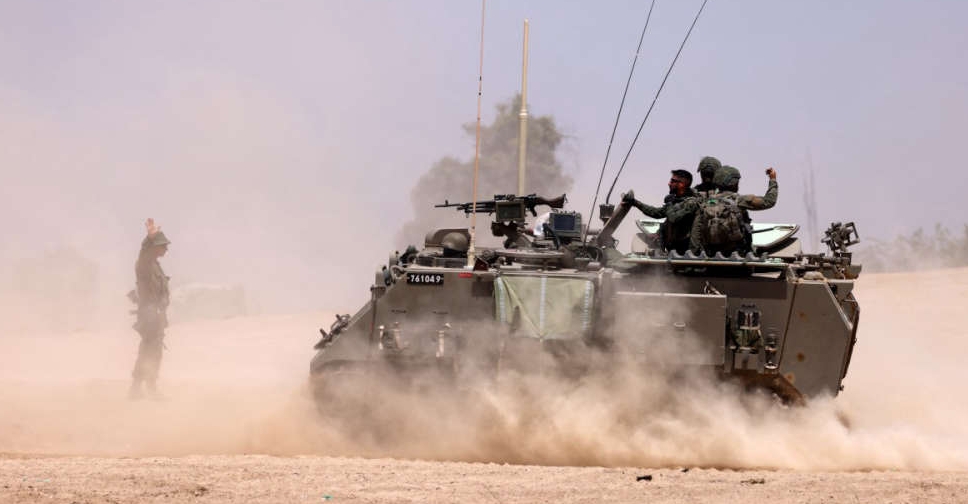 Israel says it is poised to move on Rafah
Israel says it is poised to move on Rafah
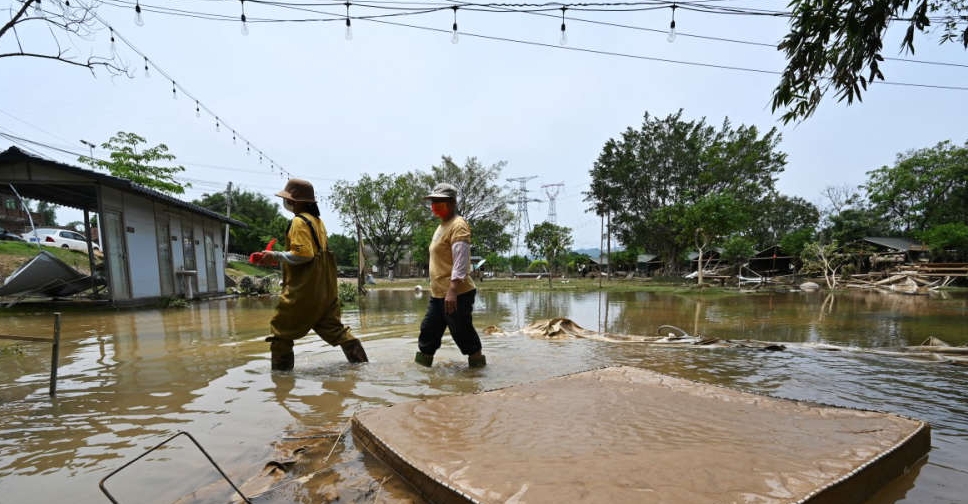 China evacuates entire town as record rains, winds lash its south
China evacuates entire town as record rains, winds lash its south
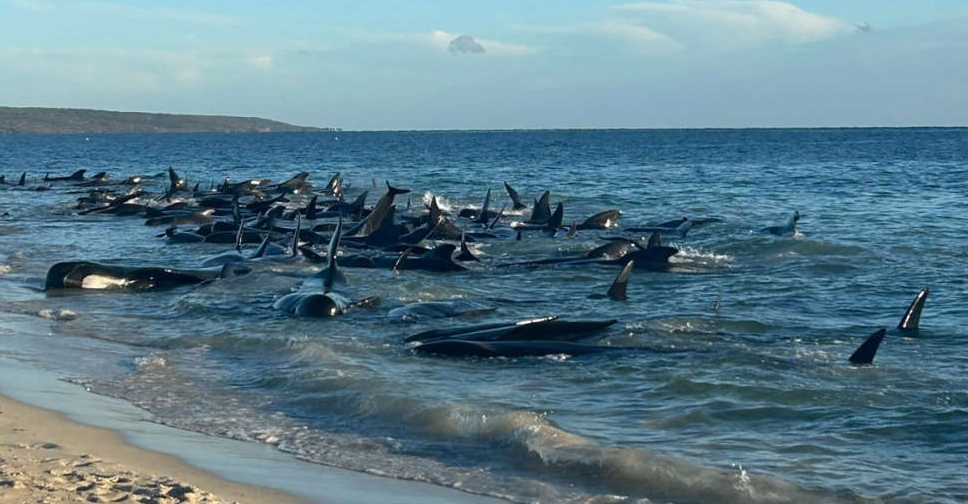 More than 100 pilot whales stranded in Western Australia, experts say
More than 100 pilot whales stranded in Western Australia, experts say
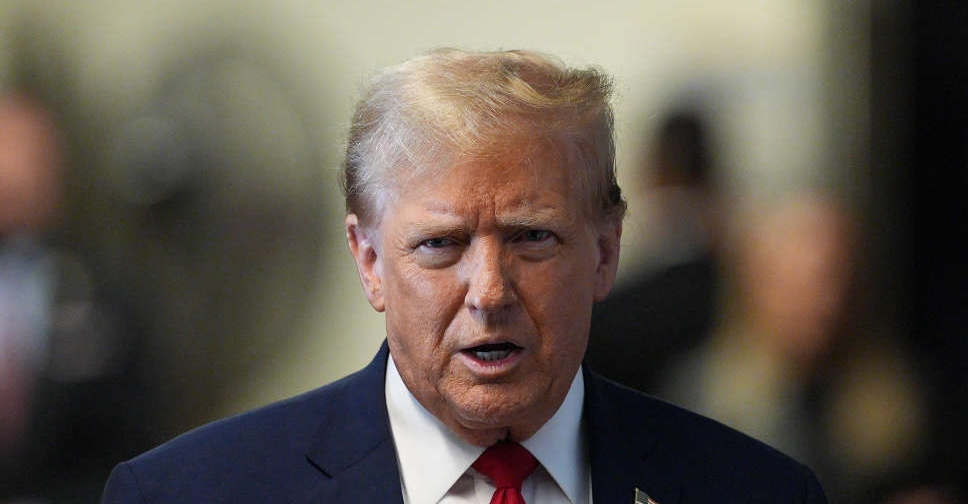 Grand jury indicts 18 in Arizona fake elector scheme
Grand jury indicts 18 in Arizona fake elector scheme
 India inspects spice makers over alleged contamination
India inspects spice makers over alleged contamination

